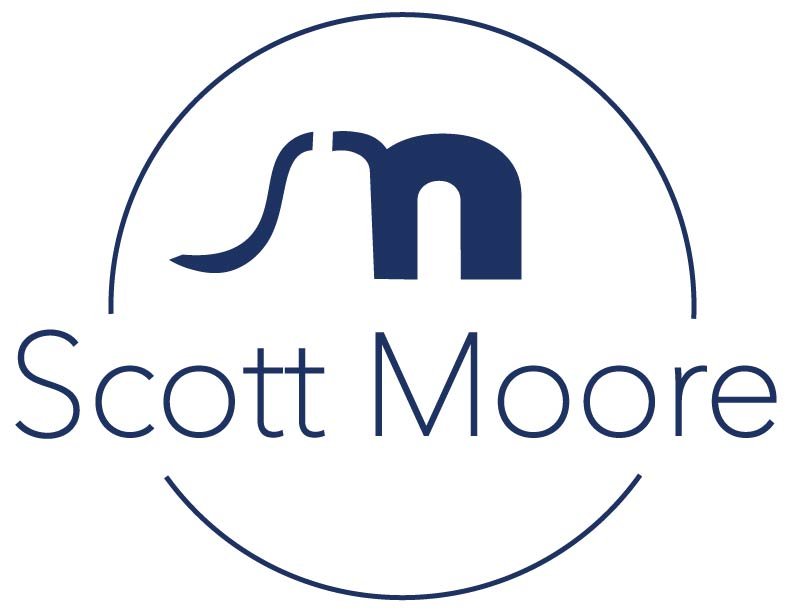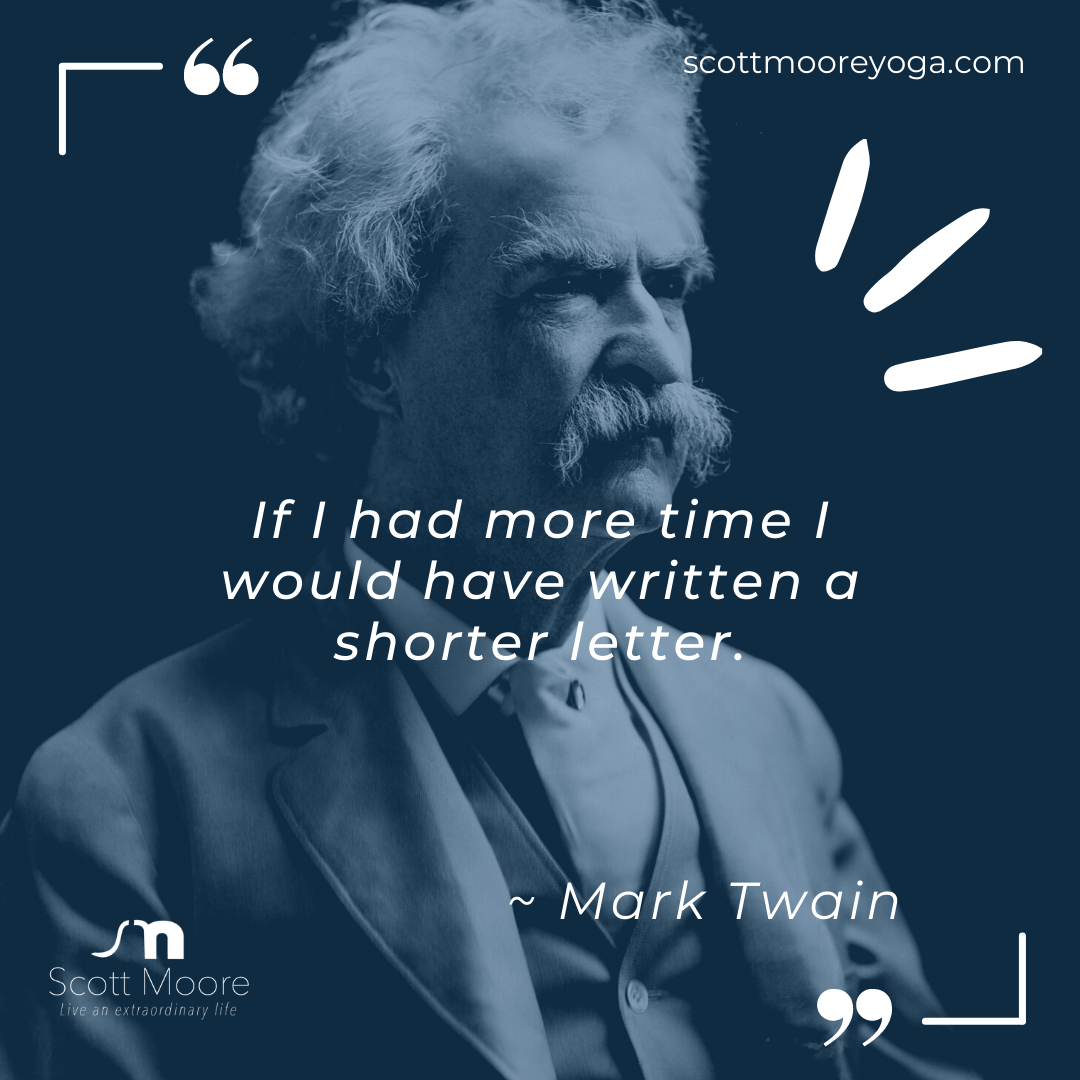In the early days, I hustled hard teaching yoga to make ends meet.
One day, arriving early to teach, I tossed my bag in my car and decided to go on a walk.
2 minutes later, I changed my mind and returned.
Too late.
My car window was smashed: no more bag, no more wallet, no more iPod.
Thanks a lot, Bag Thief. Don’t you know that crime never pays!?
Sure enough, a month later, a detective called. They caught Bag Thief but weren’t charging him for stealing my bag. Rather, they were charging for check fraud … using my checkbook.
Bad news: I wouldn’t get my bag, wallet, or iPod back.
Not much better news: I was invited to the hearing.
I didn’t know what a hearing was but I knew I was going.
It was equal parts sad and boring: Tons of people being judged (sad) plus it felt like the driest true crime show ever featuring two lawyers and a judge scanning their planners to agree on a different time for a different meeting (boring).
I left, resolved to move on.
But in the hallway, I bumped into Brenda from yoga class.
“Hi, Brenda. What are you doing here?”
“I’m a defense attorney … What are YOU doing here?”
I made short work of the story.
But after, we explored teaching yoga to her and her colleagues after work because apparently being a defense attorney is way more stressful than just scheduling more meetings.
Soon, I started teaching yoga to the Public Defenders after work in their law library. They desperately needed and appreciated the chill, stretch, and breathing, and I needed and appreciated the great gig. But what I didn’t expect was the wonderful, caring friendships I’d make.
I adored teaching the Legal Defenders for many years.
Eventually, I moved away and gave this gig to a trusted friend and fellow teacher.
When I visit Utah, sometimes I get to sub the Legal Defenders class. On one occasion, while all the attorneys were taking a well-deserved savasana, I did the math: In the many years teaching the defense attorneys I had been massively enriched with a reliable gig, some wonderful friends, and had collectively earned more than $25,000 … more than enough to buy a new bag, wallet, and iPod.
Thanks, a lot Bag Thief. Turns out that crime does pay, in so many ways.
Above is an adaptation of my original piece, Crime Pays, which is more than 2600 words. I made a game and writing exercise to see if I could pare down the story to only and exactly 400.
Done.
If you wanted to, you could go back and see for yourself whether or not it changes the message.
Sometimes, saying it in fewer words can be more powerful, especially nowadays when people prefer the shorter form. People read differently online than they do when they read a book.
When people read online, especially things like newsletters, some people prefer writing that is short and snappy. Then, for those who are curious or have more time, you can point them to your website or blog for the longer version of a piece.
It’s like Haiku, a single rose, or any song by the Ramones: Sometimes, less makes a better point.
We often mistake “good” writing with sounding smart. It’s not. Good writing is clear writing. It’s easier to achieve clear writing with fewer words.
“I do not over-intellectualise the production process. I try to keep it simple: Tell the damned story.”
Once when I was working hard to finish a piece that I was going to submit for an essay contest, my editor had read the final paragraphs several times and still without the faintest clue of what any of it meant, she blurted out, “Just tell me what you’re trying to say!” I closed my eyes, frustrated that I couldn’t express myself, and blurted out in one sentence and plain words the gist of what I meant. She had fast fingers and wrote down verbatim what I said then deleted the long, muddy paragraphs that preceded it. Plunking a loud period at the end of the new, simple sentence, she declared, “Finished!” and I submitted it just like that.
The essay won 1st place.
Writing in fewer words can be a powerful tool for your writing. What are the bare essentials of what needs to be said? Write that.
For those of us who feel like writing is daunting or that you don’t have a lot of time to write, it’s nice to know that you don’t have to write tons of words to be effective. You don’t have to sound smart when you write. Just write what’s true in as few words as possible and move on.
Can I offer you a challenge? Write a story in 400 words or less and submit it in the comments of this blog post. It will be fun!
Then, join me on Saturday for an online writing workshop where we are going to explore the art of clarity, brevity, and writing for your audience. We’ll also explore the power of storytelling and the art of discovering your voice. I’ll be giving you templates and tools that you can use right away to transform your writing and to empower yourself to share your message with the world.




